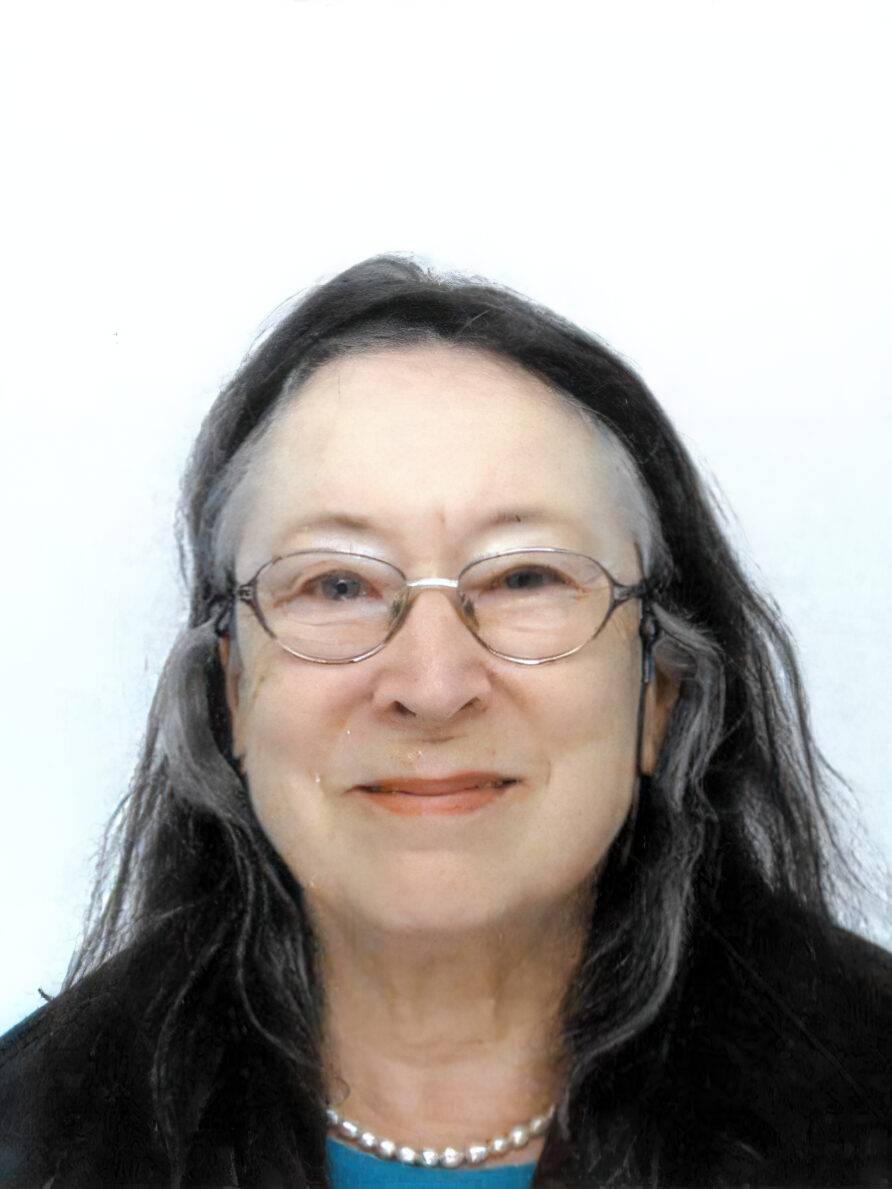The Ninth Annual Symposium on the Role of Religion and Faith-based Organizations in International -affairs attracted more than 600 people. It was held online on January 24, 2023 exploring the theme “Securing People’s Wellbeing and Planetary Sustainability”, and was organized by the World Council of Churches and a coalition of around 27 faith-based organizations, institutions and UN-partner organizations with experts on climate change, disarmament and other relevant topics related to the SDGs.
The annual symposium on the role of religion and faith-based organizations in international affairs was initiated in 2015, parallel to the SDGs by the General Board of Church and Society of the United Methodist Church, the Seventh-Day Adventist Church and the WCC. Today the symposium co-organizing entities and partners have grown to include denominational, ecumenical, multireligious and faith-based groups including long-time co-organizers ACT Alliance, Religions for Peace, Islamic Relief-USA and the United Religions Initiative. From 2017 onwards the Interfaith Task Force on Religion and Sustainability Development – currently representing 27 entities within the UN system cooperated as a co-organizer. The annual symposium was conceived as a space to focus on how religious and partner faith-based organizations could reinforce engagement around shared concerns of human dignity, human rights and sustainable development. It serves as an event for conversation to identify and deepen the multidisciplinary aspects of the permanent general theme on human rights and human dignity. The symposium is held annually on a date in January close to the birthday (January 15) of the Rev. Dr. Martin Luther King Jr.
Rev. Dr. Liberato C. Bautista, assistant general secretary for UN and international affairs, Methodist, President of the Conference of NGOs in Consultative Relationship with the UN (CoNGO) opened the over five hours lasting symposium and reminded of former symposiums: the 6th symposium 2020 was intended to reflect on the planned processes to review progress 25 years after the Beijing Platform for Action and the state of multilateralism at the 75th anniversary of the UN, but was postponed. Given the importance of the theme, a smaller but well-resourced workshop for faith-based organizations was held instead. In 2021 a virtual symposium focused on accelerating Gender Equality, Equity and Justice. The succeeding 2022 symposium was also held virtually on a theme focused on “Mobilizing Moral Influence and Governance to end the Systematic Injustices of Racism, the Legacy of Colonialism and Slavery”.
The themes identified with work by faith-based organizations are not alien to UN partners. The active collaboration by faith-based organizations, UN partners and member-states underscore the concern for joint and concerted action and transformative solidarity among all actors.
Some UN officials and leaders of civil society reflected why faith-actors are critical actors:
Maria Fernanda Espinosa (former President of UN-GA) reflected the necessity to retool and spiritually reground the UN system. Backsliding is happening in almost all SDGs. What does keep us back? Either are we paralyzed and dispaired or the crisis is pushing as to act. It is a multiple crisis. We have knowledge and technics to make it better. The big gap lies between knowledge and action. If faith as religion or faith in humanity, UN or other is motivating and pushing us to action, do not accept that science is the leader, that was the case for a very long time.
Beatriz Schulthess (Priestess, Founder and President of Indigenous Peoples Ancestral Spiritual Council and member of Qulla/Kolla Nation and Co-president Religions for Peace) informed that indigenous people gathered and asked, what sustainability could mean. They discovered that it means what they always were doing. But other cultures decided that it means to serve themselves at the detriment and damage for other cultures.
Prof. Dr. Azza Karam (General Secretary Religions for Peace) moderated the panel on “Framing Human Security as Shared Security for People and the Planet”. She explained that she started her work at UN 20 years ago to show how relevant the role of religion is.
Audrey Kitagawa criticized the five belligerent veto nations in the Security Council which since its foundation fended off threats of wars and failed with Russia. “How can we support the security council?” she asked. NGOs, Faith-based and multifaceted institutions all should speak in one voice to protect human rights. Religious faith leaders should cooperate with governments for the security of people and their coexistence. Although this is difficult. Humans are egoistic.
Bishop Heinrich Bedford Strohm (Moderator oft he Central Committee of the World Council of Churches, Lutheran Church of Bavaria) encouraged that religion not only reaches the heads of people but their hearts. Therefore religious communities are so important in questions of human wellbeing and planetary sustainability for questions about life-style and behavior. They only can successfully put forward if political change is connected with a change of mind, of hearts. He is persuaded that churches and religious communities in general are ideal agents for the world wide civil society. They are deeply rooted in local communities and at the same time they live in a global horizon in strengthening their faith in God who created heaven and earth. Bedford Strohm reminded the WCC Consultation on Justice, Peace and Safeguard of Creation in 1990 in Seoul: all appeals in this connection were already made as recommendations and only now they reached governments. The Assembly of WCC in Karlsruhe 2022 has again emphasized and focused on the necessary change to be made.
Archbishop Gabriele Giordano Cacca (Apostolic Nuntius and Permanent Observer of the Holy See at UN) considers the crisis, out of a Christian understanding, as an imbalance of the human heart. Truth is that God created every human being to his (her) image. We should carry responsibility about our actions, for the four pillars for peace are: truth, justice, freedom and solidarity.
Amanda Ellis (former Ambassador, New Zealand) reminded that women are still excluded from preace processes and negotiations. Her question is: “Can human security become an unifying paradigm for humanity?” This question was taken up into further consideration.

